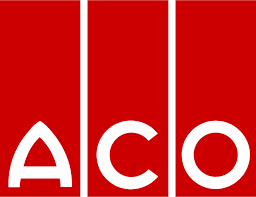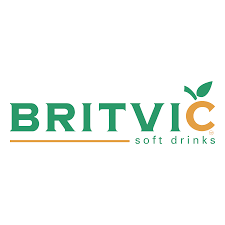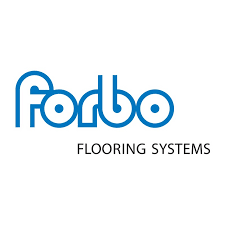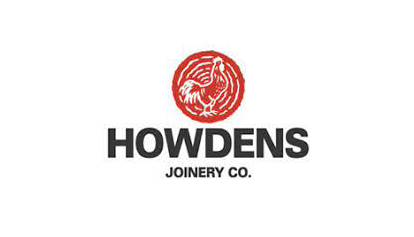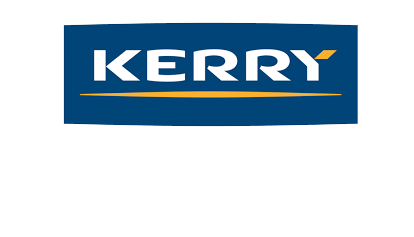
- Details
- Category: Blog
People want to feel that they are working for an organisation that knows what it is doing. One that has a purpose that they can relate to and become engaged with.
Naturally money is important but a characteristic of organisations that have low employee turnover is a drive to find answers that matter to lasting business success which encourages:
- A deeper understanding of how to do better, sustain gains and build the capabilities that the business needs to succeed.
- Engagement of peoples curiosity about what could be possible and alignment of personal and business led capability development priorities.
What employees want
- 79% of employees who have access to training feel valued and are not looking for other work yet
- 70% of employees report they don't have the skill level they need to do their job.
- Only 12% of employees report that they have been able to apply skills learned in training programs to their jobs
What employers want
Nowadays as well as carrying out routine tasks, workers need to be able to
- analyse data,
- work in a team,
- communicate ideas
- Showcase adaptability and leadership skills.
What to do
Translate business needs into learning goals
1. Business priorities are the starting point for defining skill gaps and training needs
2. Make Team Leaders accountable for securing results from the training process
3. Develop team leader capability to support the application of skills learned by their direct reports
4. Use this to set team based learning goals to target newly learned skills where they can have maximum added value.
Adopt Learning Best Practice
5. Make individuals accountable for their own learning progress
6. Develop training programmes so that individuals can map out their pathway from novice to mastery.
7. Design the workplace learning process to facilitate progress from novice towards mastery of the capability required.
Structure Workplace Learning Cycles
8. Carry out team mobilisation sessions that set out learning goals and what is expected during the workplace learning cycle.
9. Support individuals with coaching and mentoring as they apply new skills and deliver results.
10. Measure the impact of learning through the achievement of specific objectives and outcomes
If you would like more information about the above or support with your programme contact us here.

